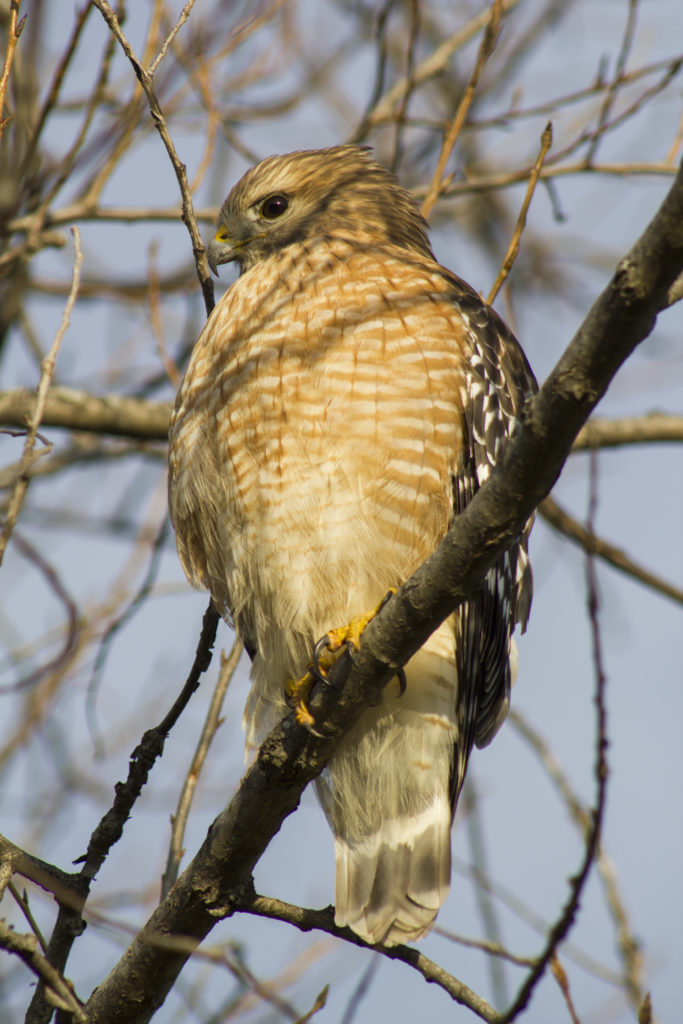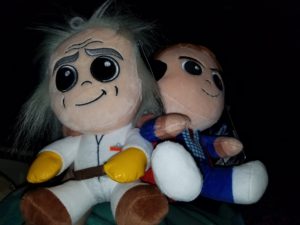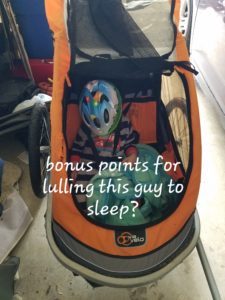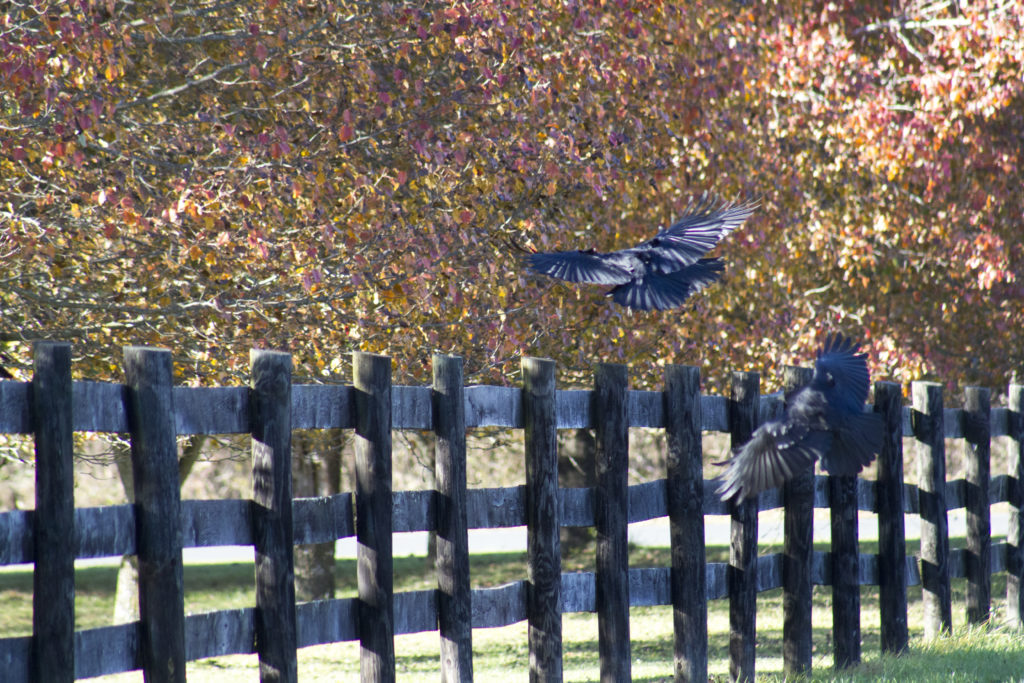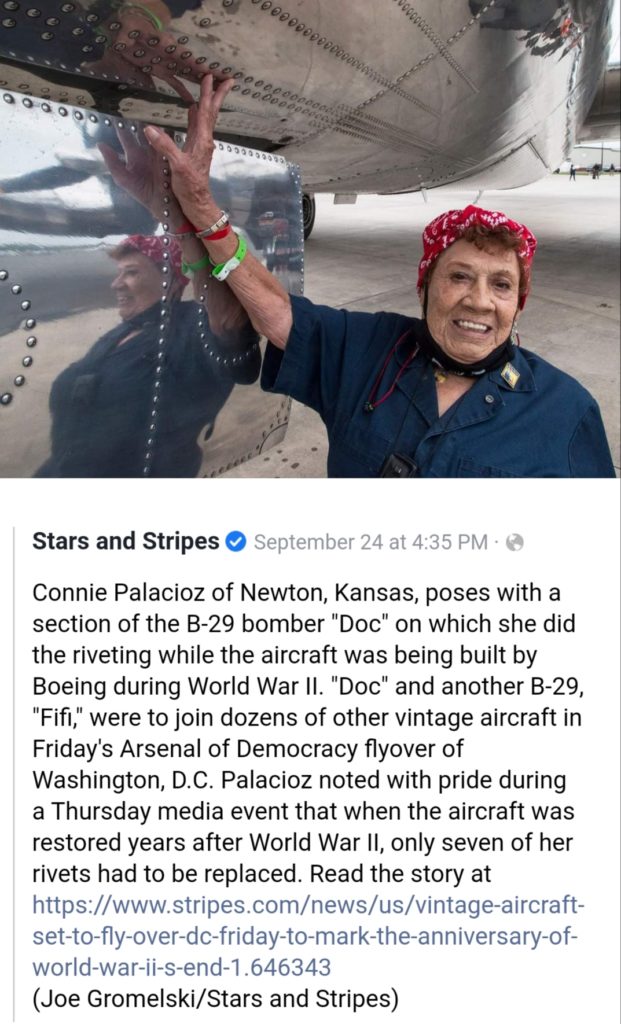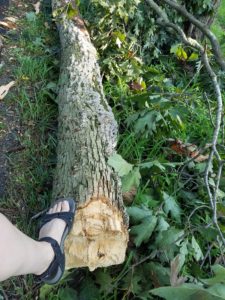It’s not Friday, but it is the last day in November. November is a time to be thankful. Lately, I’ve been reading about how being thankful can help any mindset. As the month draws to a close, I wanted to highlight some of the things I am thankful for—even with it being the year 2020.
Working from home
I am lucky that I have been able to work from home. While it’s not ideal to be isolated physically from students, I’m grateful that we live in an age where technology can help fill in the gaps. And… Google Meet has a cool space background!
Companionship
I think pets may be the winners of this pandemic. I know of so many who have adopted dogs or cats to keep them company. As for me, I’m glad to be able to spend time with my senior corgis, who seem thrilled to sleep at my feet most of the day. In fact, time with pets will be one thing I’ll miss when the world returns to normal.
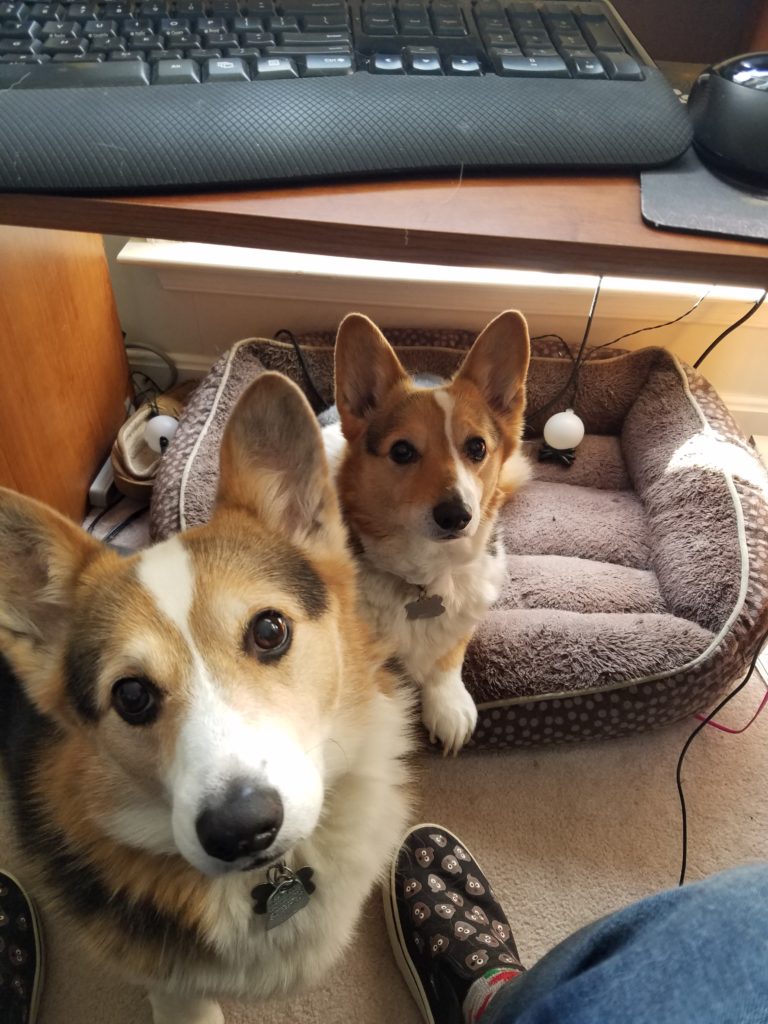
Yoda and Leia heard me packing up my keyboard for the day–which means a walk down the driveway and a treat!
Attention to Detail
The slow pace of 2020 has afforded time to “stop and smell the roses.” In my case, I went from photographing NEOWISE and then the Milky Way to now taking advantage of the bare tree branches to spy all the birds that hide so well during the summer. Lately, I’ve been getting more familiar with two hawks (I think the second one is a hawk), both of whom seem to be getting more comfortable with my presence. During the winter months, I plan to shift my focus to photographing the moon and experimenting with night landscaping. One day, when travel is “normal” again, I plan to pack up my camera equipment and visit some photogenic destinations with my new skills.
Birthdays
Celebrating a milestone birthday at home, with takeout and a small cake, is just my style. No fuss, enjoying the little things. Being thankful to be with my family. And each birthday is a reminder to be thankful—we’ve made it another lap around the sun, and the next lap is not guaranteed. Take each day as a gift.
Opportunities
I received a note from a reader of Corgi Capers the other day. The sender told me their daughter really liked Corgi Capers book 1, and she was planning on buying the rest of the series for Christmas. I was thankful for the reminder that writing for me is a way to reach others and spread happiness.
When I was younger, I heard a lecture in which the speaker said most people would rather be happy than rich. I thought that was ridiculous. But receiving that note made me realize that reaching others and spreading happiness does mean more to me than money.
It was also a motivation for me to push to finish Corgi Capers book 4, despite the strange circumstances of working from home, which blur the lines of work-life balance. Corgi Capers book 4 takes place during the winter, so this winter I am directing my attention to detail to bring that extra something to the work-in-progress, which I hope to have ready by spring.
The Present
When I’m trying to be “Zen,” I remind myself that living in the present is the most important. It’s only when we think about what we once had and no longer have, or what we could have but don’t, that we become unhappy. While at the grocery store of all places, I had a moment of Zen. I was shopping for an early Thanksgiving gathering (a family member is having to quarantine ahead of a medical procedure, so we had to have our get-together a few weeks early), and seeing all the food on the shelves—the various flavors of ginger ale; the choice between low sodium, organic, and regular chicken brother; four different types of chocolate milk—warmed my heart. Even during a year as trying as 2020, I found myself more grateful than I can put into words for the kindness of the employees, the societal structure that encourages us to work to serve others, the supply chain that allows us such nuanced choices as sweet, mild, or spicy sausage, the peacefulness of walking into a store, browsing aisles and waiting our turn, not panicking. In my mind, I have returned to that trip to the store several times since I was there, being overwhelmed with a sense of peace that helps to ground me when 2020 seems too shaky.
Fitness
The day of my birthday, I ran a 5K that I signed up for this summer. It’s a virtual 5K—since having kids, I have been doing virtual 5Ks (yes, you still have to run it; you simply get to run from home, rather than at a certain date and time and place). I read recently that this year’s virtual race was the highest-attended ever. It’s amazing to me that people have still found ways to come together even when being asked to stay apart.
Fitness always made me feel better, but when I’d been training lately, I had been super slow, getting distracted by nature and the weather, planning future photography shots. A line from Back to the Future III kept resonating in my head. Back in the wild west, Doc Brown is talking to some residents in 1885, telling them that in the future, people only run for fun (rather than, say, getting chased by a bear or an outlaw). The resident replies, “Run for fun? What the hell kind of fun is that?” I couldn’t remember why I ever liked pushing myself to the point of physical pain when I ran in high school. 2020 is painful enough—why push myself harder than needed?
Despite my “stop and smell the roses” mentality, when I ran on my birthday, I was able to take 4 minutes off of my training time. My 17-year old cross country running self would still be appalled by my slow time, but any progress is okay with me ?
I was also able to bike a 13.1 benefit “run” (bike/walk/run) after injuring my ankle toward the end of the run described in the previous paragraph (it involves a near run-in with a pickup truck, but all is well—something else to be thankful for). While I had a week to walk/run the 13.1 miles, the weather that Saturday was amazing (for November), so I had to get it done all at once. But biking seems sort of like cheating when compared to running. Despite my injured ankle, I hooked my kids to the bike trailer and gave my heartrate a bit of a boost while giving them a tour of the surrounding areas. I was glad that, despite my milestone birthday making me feel extra old, I was able to take the kids around like that fairly easily.
Joy
I went to Costco this weekend. No, not for Black Friday—I went Saturday morning, while the Black Friday shoppers were sleeping it off, and it was fairly empty. The trip couldn’t be helped, as I had a year-end account issue that had to be dealt with in person.
I wasn’t super excited to be out and about, and the constant masks and “keep distanced” signs were more reminders that our world is not normal. The constant awareness of it, even when things are going well, is like a static white noise: I can function with its presence, but it is always there, and it cannot always be ignored. The more I think about it, the more I hear it.
The cashier at my checkout line was super cheerful. He was singing, he smiled—I could tell by his eyes, even though he wore a mask. I remember a book (I think by Roald Dahl) in which a main character only smiled with their eyes, and that is how you know it’s genuine. It was that kind of smile.
He was chatting with the one customer in front of me, noting that there is much to be thankful for. When it was my turn, the joy continued, singing to me and smiling. I thanked him for sharing his joy, for indeed, it was contagious. I don’t think I have that natural energy to project joy every moment of my existence, but I hope to share some of that through my writing. And that’s really my takeaway from the month of November. We’re all in 2020 together. We all have some kind of joy we can spread. What is yours, and how will you spread it to the rest of the world?
In the words of Doc Brown: “The future is what you make it. So make it a good one.”
